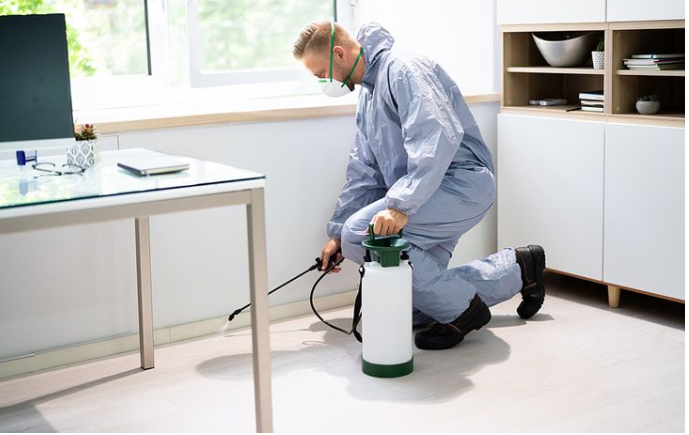Developing professional skills is essential for long-term career growth. Many industries require ongoing learning to stay relevant and effective. One field that combines practical knowledge with technical expertise is pest management. By investing time in specialized education, professionals can enhance their abilities and open doors to better opportunities. Pest control classes offer a structured path for anyone looking to build competence in this sector.
Understanding Pest Control Fundamentals
Pest control classes provide a comprehensive introduction to the world of pest management. These classes cover the biology of pests, safe handling of chemicals, and strategies for effective control. Students learn how to identify common pests and understand their behavior. Gaining this foundational knowledge allows professionals to approach each job confidently and responsibly. Pest control classes are designed to turn beginners into skilled practitioners who can handle real-world scenarios.
Advanced Techniques in Pest Management
Once the basics are mastered, pest control classes often move into advanced techniques. This includes integrated pest management, environmentally safe approaches, and modern equipment usage. Professionals gain hands-on experience with traps, sprays, and monitoring systems. Learning these techniques sharpens problem-solving skills and helps ensure effective results for clients. The pest control classes emphasize both practical skills and strategic thinking, which are critical for career advancement.
Certification And Professional Growth
Many pest control classes offer certifications upon completion. These certifications demonstrate a professional’s knowledge and credibility. Employers value candidates who have invested in their skills through recognized courses. Certified professionals often enjoy higher earning potential and access to more complex projects. Taking pest control classes not only enhances expertise but also signals dedication and reliability to the industry.
Safety Protocols And Compliance
Safety is a cornerstone of pest control education. Classes teach proper use of chemicals, protective equipment, and emergency response procedures. Understanding local regulations and environmental guidelines is also essential. Professionals who follow these protocols reduce risks for themselves and their clients. Pest control classes instill a strong sense of responsibility while ensuring compliance with legal and safety standards.
Communication Skills For Professionals
Technical knowledge alone isn’t enough in pest management. Effective communication with clients is equally important. Pest control classes often include guidance on explaining treatment plans, providing recommendations, and addressing client concerns. Clear communication builds trust and strengthens professional relationships. Combining technical expertise with communication skills ensures success in any pest control career.
Continuing Education And Lifelong Learning
The pest control industry constantly evolves with new technologies and methods. Continuing education keeps professionals updated on trends and innovations. Advanced courses and workshops provide opportunities to refine skills and explore specialized areas. Engaging in lifelong learning through pest control classes ensures that professionals remain competitive and adaptable in the field.
Conclusion
Investing in professional development through pest control classes can transform a career. These courses provide a balance of technical knowledge, practical skills, and professional growth opportunities. From mastering the fundamentals to learning advanced techniques, every aspect prepares students for success. By prioritizing education, safety, and communication, aspiring pest control professionals can build a strong foundation and achieve long-term success in this dynamic industry.
